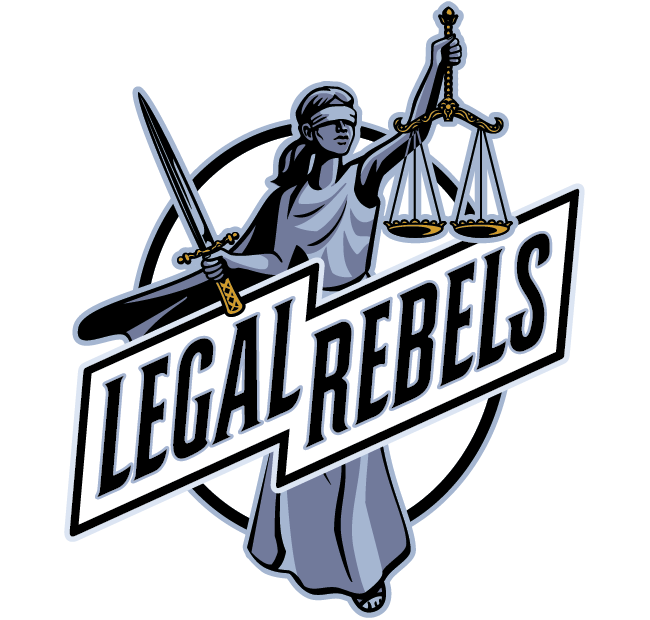[ad_1]

The PC, smartphone, e-mail and the web. Historical past is affected by examples of how sizzling new applied sciences meant to make us extra productive led to unintended penalties, together with stress and burnout.
Relating to generative synthetic intelligence, will issues play out otherwise?
Jack Newton, the CEO and co-founder of the follow administration software program firm Clio, is among the many optimistic. He says AI has the potential to assist attorneys not solely work smarter but additionally do extra significant work.
“We’ve all had these days the place you’re feeling such as you’ve been busy all day. You’ve answered 100 emails. You answered 15 textual content messages. You answered 5 cellphone calls. However on the finish of the day, you look again and say, ‘What did I accomplish? How did I transfer the ball down the sphere on these three vital initiatives or issues?’ The reply is ‘by no means.’ Legal professionals really feel that every one too usually,” Newton says.
In October, he delivered a keynote at Clio’s annual convention and unveiled a number of new merchandise, together with an AI assistant referred to as Clio Duo, the corporate’s first foray into generative AI. The assistant summarizes paperwork, generates payments and makes strategies on how companies can enhance efficiency. It’s duties like these that may very well be a “nice candidate for automation or streamlining,” Newton tells the ABA Journal.
With the arrival of generative AI, some authorized professionals—no less than those that don’t see the tech as marking the daybreak of a job-killing robotic apocalypse—are in all probability hoping it would make their lives a little bit simpler.
Others are skeptical. In Might and June, Thomson Reuters surveyed greater than 1,200 attorneys, accountants and others for its Way forward for Professionals Report. The survey discovered a minority, or 13% of pros, thought utilizing AI would shorten their working hours inside 18 months; 29% believed it could result in shorter working hours from 18 months to 5 years; and the bulk, or 58%, anticipated no change.
In the meantime, 26% of pros surveyed believed utilizing AI would result in longer working hours inside 18 months; 8% in 18 months to five years; and 66% anticipated no impression.
Casetext’s co-founder and 2017 ABA Journal Authorized Insurgent Pablo Arredondo now works for Thomson Reuters as vp of CoCounsel. He argues the monotonous nature of some duties results in burnout as a lot because the hours labored.
“It’s generally the sense of doing issues which are tedious, that don’t interact you intellectually and issues the place you’ve this deep sneaking suspicion that this may very well be automated or no less than streamlined in a greater manner,” Arredondo says.
Then there’s the prospect AI might reshape the authorized business’s monetary mannequin, which revolves across the billable hour. Regulation companies invoice purchasers for most of the hours spent on advanced however tedious duties that AI might full in seconds—akin to analysis, drafting and doc evaluation.
“The billable hour mannequin is incompatible with the sorts of productiveness positive factors that gen AI goes to ship,” Newton argues. “Legal professionals are going to be pressured to rethink how they value and bundle their companies in a manner that higher encapsulates the precise worth they’re delivering.”
Authorized Rebels Class of 2024
Locked in: Prison justice startups faucet into generative AI’s early promise
Bridging the Hole: Legal professionals making an attempt to extend entry to justice see promise in generative AI
Serving to Hand: Generative AI already is making an impression on authorized analysis and writing
All the time on: Will generative AI alleviate burnout or make attorneys extra depressing?
Head of the Class: Regulation colleges contemplate post-ChatGPT coursework
e-Signal on the Dotted Line: Relating to utilizing generative AI and contracts, the satan is within the particulars
Age of e-Discovery: Generative AI might revolutionize e-discovery—however purchaser beware
Rewiring Entry: How AI might blur the borders of immigration regulation
This story was initially revealed within the February-March 2024 difficulty of the ABA Journal.
In This Podcast:
[ad_2]
Source link


